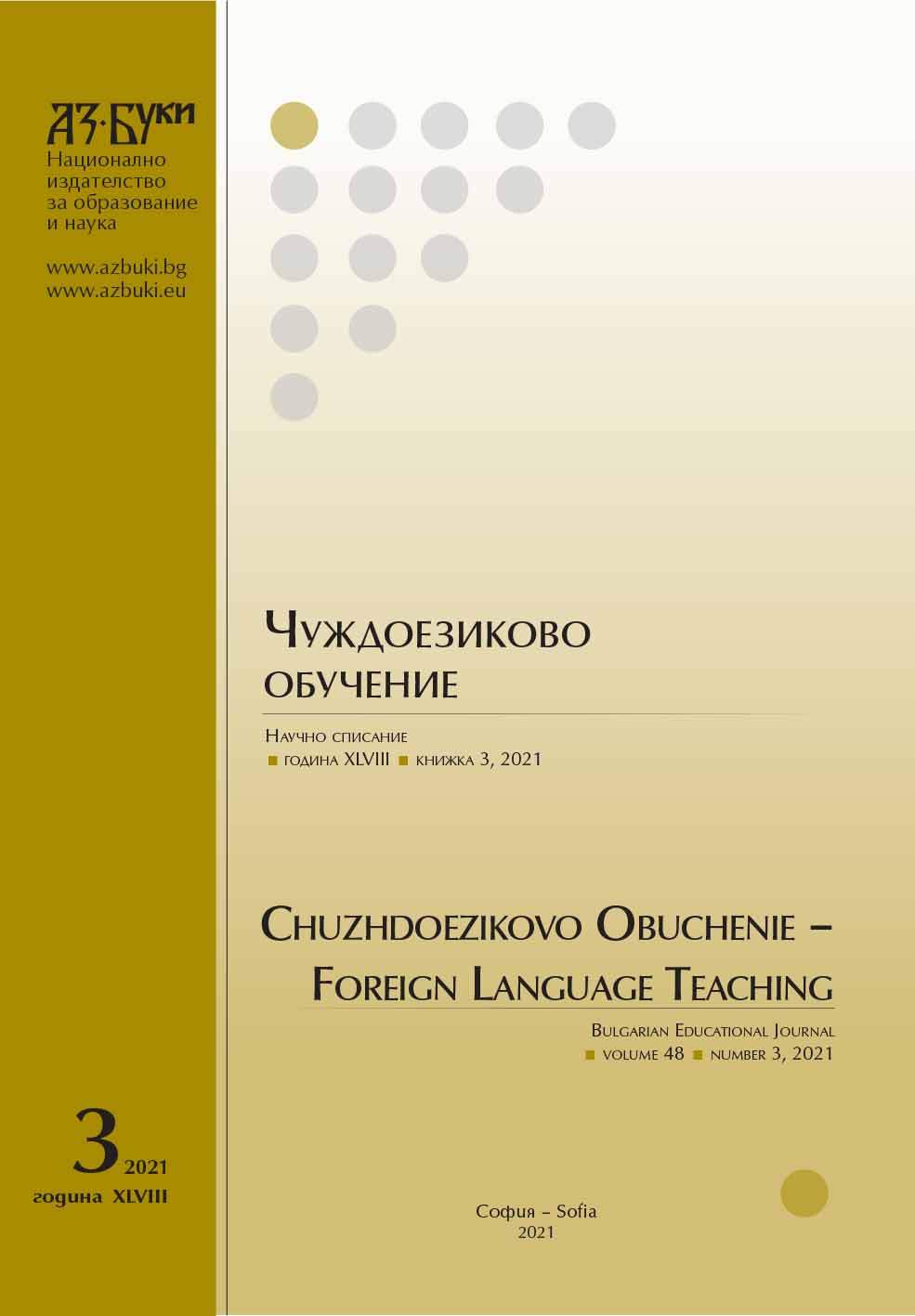Совершенствование иностранного (русского) языка в школе посредством пословиц и поговорок
Improving Foreign (Russian) Language at School through Proverbs and Sayings
Author(s): Marzanna KarolczukSubject(s): Social Sciences, Language and Literature Studies, Education, Foreign languages learning, Theoretical Linguistics, Applied Linguistics, Phonetics / Phonology, Language acquisition, Pragmatics, Comparative Linguistics, Cognitive linguistics, School education, Vocational Education, Adult Education, State/Government and Education, Philology, Inclusive Education / Inclusion, Stylistics
Published by: Национално издателство за образование и наука „Аз-буки“
Keywords: proverbs and sayings; exercises; foreign language; teaching language
Summary/Abstract: The results of research on proverbs and sayings in such areas as linguistics, psychology, didactics and teaching methodology show that paremia has cognitive, educational and pedagogical functions in almost all areas of science and life. Understanding proverbs and sayings contributes to a better understanding of other cultures in the context of their interaction. Introduction proverbs and sayings to educational process develops students’ intercultural skills and a positive attitude to other people, as well as constitutes creative atmosphere in the classroom. The use of paremia in the learning process also enables the development of language knowledge and abilities, as well as speaking skills. The purpose of the article is to discuss the use of paremia in language education and propose kinds and types of exercises that can be used in the process of teaching a foreign language.
Journal: Чуждоезиково обучение
- Issue Year: 48/2021
- Issue No: 3
- Page Range: 297-309
- Page Count: 13
- Language: Russian
- Content File-PDF

